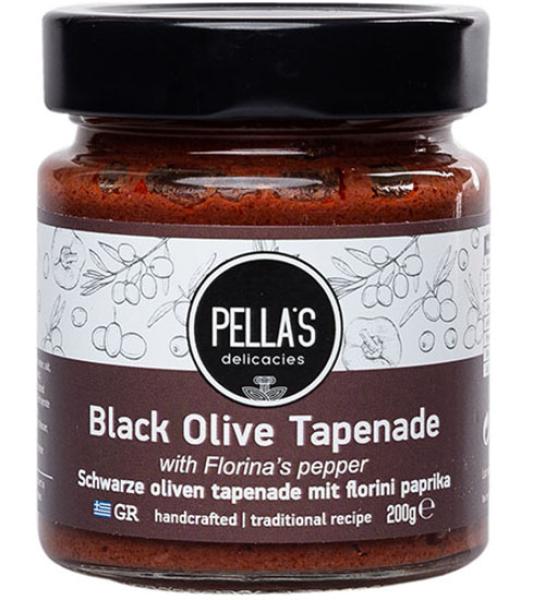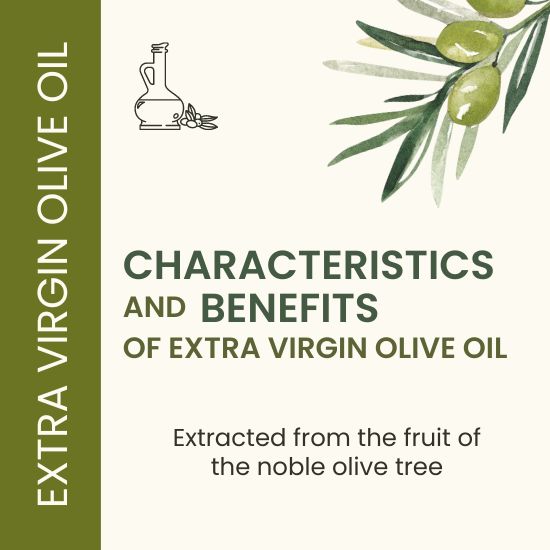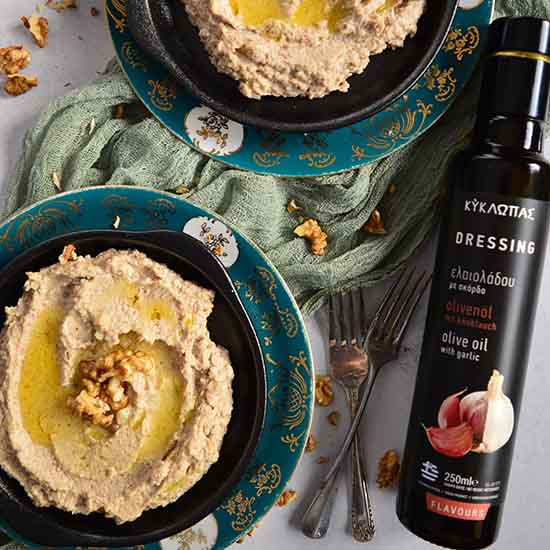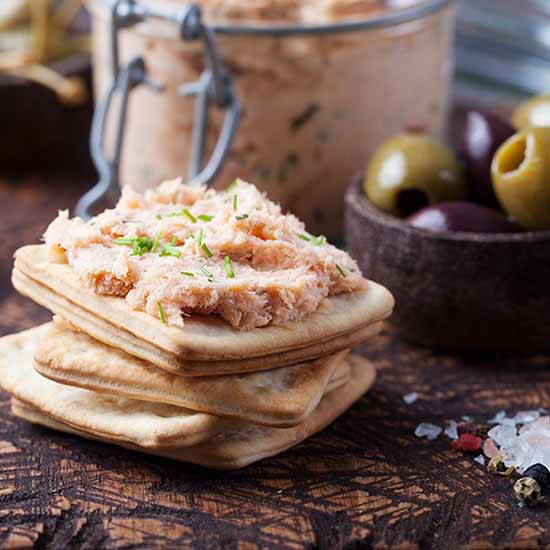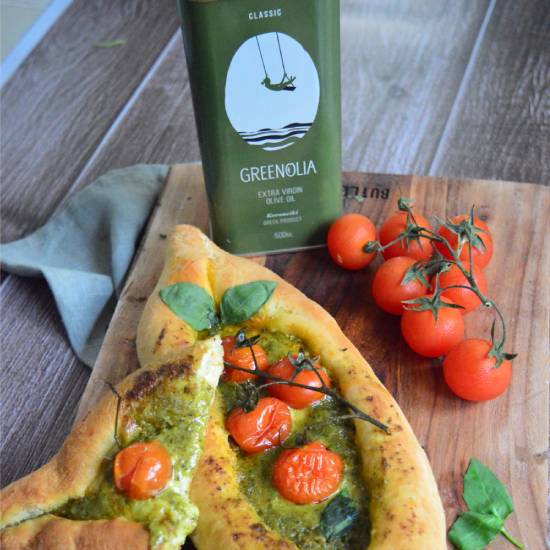Black olive paste with red pepper
Ingredients: black olives, water, salt, vinegar, olive oil, acidity regulator: acetic acid, conservatives: sorbic potassium, Florina’s roasted pepper (10%).
Delicious olive, beetroot and paprika paste that will give a special taste to your table.
Pella’s Delicacies is a company specializing in Mediterranean foods. Our company produces and trades marmalades, chutneys, pasta sauces, pickled vegetables, and fruit preserves. Our goal is to create high-quality, handcrafted, 100% all Natural, healthy, high in nutritional value products - sourced only from local ingredients.
Main features
Specifications
Dimensions
The company
Pella’s Delicacies is a company active in the business of Mediterranean foods. Our company specializes in producing and trading marmalades, spreads, tomato sauces and fruit preserves.
In 2016 we established our new food processing facility in Pella, an agricultural area near Thessaloniki, with the most modern stainless steel equipment and experienced high caliber personnel. We chose to settle in Pella because we are well-acquainted with the tastes of this part of Greece and because the agricultural products of this region are of superior quality. The fruits and vegetables we use are harvested when they reach natural maturity, when their aroma and taste are at their peak. By combining the art of traditional home-making techniques with the use of advanced modern technological equipment, we preserve most of the "freshness" and nutrients of fresh fruit and vegetable in the final product, while meeting stringent hygiene requirements.
We prepare and package our products in our facilities, which are designed, constructed and operated with great consideration for impeccable sanitation. Our aim is the production and packaging of handmade products of excellent quality and high nutritional value, tasty products of 100% natural ingredients.
The importance of olive oil over the years
According to Greek tradition, the first olive tree was a gift from the goddess Athena, planted on the Acropolis. When goddess Athena bested god Poseidon in a quarrel over patronage of the city of Athens, she donated the olive tree to its inhabitants. They planted it, cultivated it, and depicted the goddess Athena in Athenian coins with an olive wreath and an amphora with oil.
In Ancient Greece, the olive tree held an important place in the economy and was considered a symbol of wisdom and prosperity. In those days, olive oil was the main ingredient in the diet and the treatments. It was also used in cosmetics or as means of heating and lighting, even as a currency. In sports events, such as in the Olympic Games, winners were crowned with an olive branch.
The use of olive oil remains necessary these days. Its ingredients, rich in monounsaturated fatty acids, which are among the good fats, make it different from other vegetable oils. Also, olive oil is a source of antioxidants and helps to reduce the risk of cardiovascular disease.

